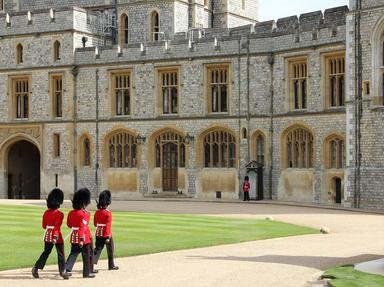
Order of Anglo-Saxon Kings of England Quiz
Although there were 20 Anglo-Saxon Kings of England before William the Conqueror happened along, this template only allows for 15. Can you put them in their correct order? You may proceed, my goodly people.
An ordering quiz
by Creedy.
Estimated time: 3 mins.